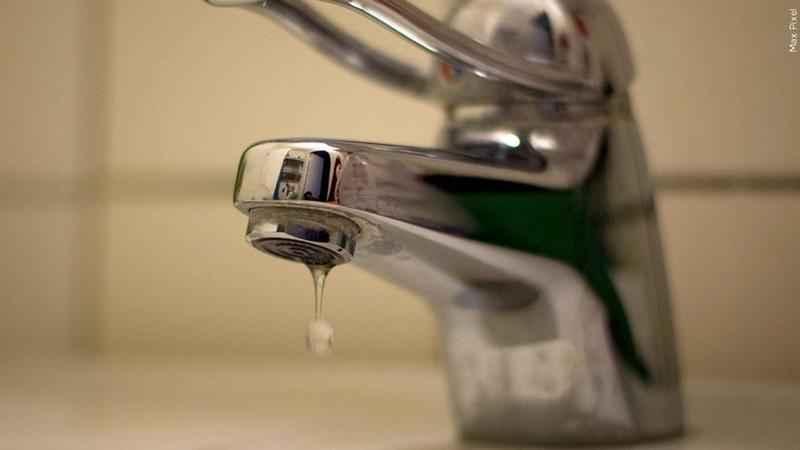Drinking water plan established for 14 east metro communities impacted by 3M contamination

[MGN]
The Minnesota Pollution Control Agency (MPCA) and Minnesota Department of Natural Resources (DNR) on Wednesday released a drinking water supply plan for the 14 communities impacted by 3M’s PFAS contamination in the east metro.
According to the MPCA, this long term plan will enhance the quality, quantity and sustainability of drinking water for about 174,000 residents in the east metro.
The plan invests $700 million to build or expand six new water treatment plants, treat 33 municipal wells, connect 296 homes to municipal water systems and provide a water filtration system to homeowners with private wells. Municipal and private wells that meet or exceed the state’s PFAS health index of 0.5 will be offered treatment, according to a release.
"This plan protects drinking water now, and into the future. The result is a plan that is comprehensive, safe and sustainable, resilient, and flexible to address the growing communities’ needs and an ever-changing PFAS world," MPCA Assistant Commissioner Kirk Koudelka said.
According to state agencies, the plan provides flexibility for communities to accommodate implementation preferences. As agencies continue to learn more about PFAS and new health-based values are developed in the future, the plan allows for additional treatment options that protect drinking water.
"We want to thank the local communities, work group members, and residents of the East Metro area for their countless hours of engagement with agencies in the development of this plan," said DNR Assistant Commissioner Jess Richards. "The agencies will continue to work closely with local communities on the implementation of the plan and will regularly assess its effectiveness going forward."
Per- and ployfuoroalkyl substances (PFAS) are a family of synthetic chemicals initially developed by 3M to make products that resist heat, oil, stains, grease and water. Those chemicals were dumped in the east metro for decades, leading to a widespread drinking water contamination. In 2018, the state and 3M settled for $350 million for the damages to the state’s natural resources. Since the settlement, state agencies have been working on the Conceptual Drinking Water Supply plan that outlines safe and sustainable long term drinking water solutions for residents and businesses impacted by the contamination.
The following statement was provided to KSTP from 3M regarding the update on Wednesday:
In early 2018, 3M placed $850M into the 3M Grant for Water Quality and Sustainability Fund to enable the State of Minnesota to implement projects that are reasonable and necessary to execute three agreed upon priorities. The first and highest priority is to enhance the quality, quantity, and sustainability of the drinking water in the East Metropolitan Area.
The state’s announced proposal is an important step in fulfilling 3M and the State of Minnesota’s long-term goals for the environment and community through the 3M Grant for Water Quality and Sustainability Fund. We look forward to continued engagement in this discussion.
For more information, click here.